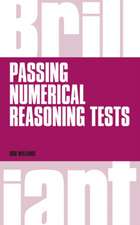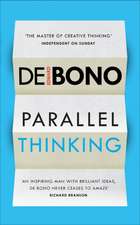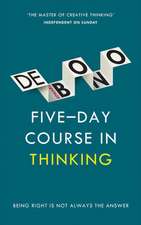Toward a Rational Society: Student Protest, Science, and Politics
Autor Jurgen Habermas, Juergen Habermas Traducere de Jeremy J. Shapiroen Limba Engleză Paperback – 30 noi 1968
In a series of connected essays, the author assesses the function of the contemporary university, and sharply analyzes contemporary students and their political efforts.
He then brilliantly analyzes as a communications model the relationships between research institutes and the political agencies which employ them. The book concludes with a complex discussion of technology and science as an "ideology," dedicated to Herbert Marcuse.
Critical parts of Marcuse's thought, Habermas dissects contemporary democratic dialogue and offers an important preliminary sketch of a general theory of social evolution.
He analyzes the difference between the technological sphere of control and the practical sphere of communication and interaction as the basic feature of human social life, and explains how and why the predominance of the technological sphere is the distinguishing and alienating characteristic of advanced industrial society. The concepts of depoliticization and the freeing of communication emerge as the crux of today's political situation.
Preț: 169.24 lei
Nou
Puncte Express: 254
Preț estimativ în valută:
32.39€ • 33.38$ • 27.35£
32.39€ • 33.38$ • 27.35£
Carte tipărită la comandă
Livrare economică 04-18 martie
Preluare comenzi: 021 569.72.76
Specificații
ISBN-13: 9780807041772
ISBN-10: 0807041777
Pagini: 132
Dimensiuni: 137 x 203 x 9 mm
Greutate: 0.16 kg
Ediția:None.
Editura: BEACON
ISBN-10: 0807041777
Pagini: 132
Dimensiuni: 137 x 203 x 9 mm
Greutate: 0.16 kg
Ediția:None.
Editura: BEACON
Notă biografică
Jürgen Habermas (born June 18, 1929) is a German sociologist and philosopher in the tradition of critical theory and pragmatism.
Recenzii
"It is not altogether easy to assess the work of a scholar whose professional competence extends from the logic of science to the sociology of knowledge, by way of Marx, Hegel, and the more recondite sources of the European metaphysical tradition ... The baffling thing about Habmermas is that, in an age when most of his colleagues had painfully established control over one corner of the field, he has made himself the master of the whole, in depth and breadth alike." ߝ Times Literary Supplement















